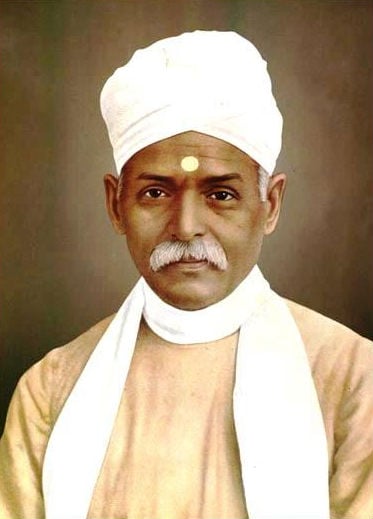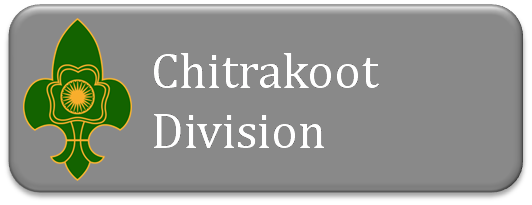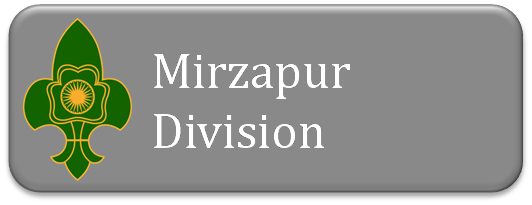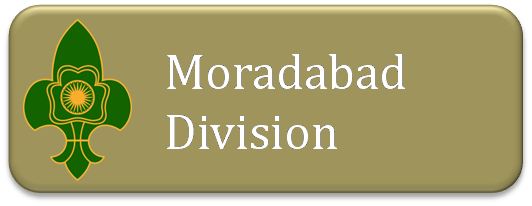|
Pandit Madan Mohan Malaviya |
|
|
|
|
|
President of the Indian National Congress |
|
|
In office |
|
|
Personal details |
|
|
Born |
25 December 1861 |
|
Died |
12 November 1946 (aged 84) |
|
Parents |
PanditBaijnath, Moona Devi |
|
Alma mater |
Allahabad University |
|
Profession |
|
|
Awards |
Bharat Ratna (2015) (posthumous) |
Mahamana Pandit Madan Mohan Malaviya
25 December 1861 – 12 November 1946) was an Indian educationist and politician notable for his role in the Indian independence movement and as the four times president of Indian National Congress. He was respectfully addressed as PanditMadan Mohan Malaviya and also addressed as 'Mahamana'.
Mahamana strived to promote modern education among hindus and eventually founded Banaras Hindu University (BHU) at Varanasi in 1916, which was created under the B.H.U. Act, 1915. The largest residential university in Asia and one of the largest in the world,having over 40,000 students across arts, sciences, engineering, medical, agriculture, performing arts, law and technology from all over the world. He was Vice Chancellor of Banaras Hindu University from 1919–1938.
Indians have forgotten his role in ending "Indentured Labours" particularly to West Indies. As Gandhi is for South Africans Mahamana is to East Indians.
Malaviya was one of the founders of Scouting in India. He also founded a highly influential, English-newspaper, The Leader published from Allahabad in 1909. He was also the Chairman of Hindustan Times from 1924 to 1946. His efforts resulted in the launch of its Hindi edition named Hindustan Dainik in 1936.
Madanmohanmalaviya underwent the kudipraveshikakaayakalpa treatment ,which is believed to rejuvenate the body from aging.
Panditji was posthumously conferred with Bharat Ratna, India's highest civilian award, on 24 December 2014, a day before his 153rd Birth Anniversary.
Early life and education
Malaviya was born in Allahabad, North-Western Provinces, India on 25 December 1861, in a Brahmin family to PanditBrijNath and Moona Devi. His ancestors, known for their Sanskrit scholarship, originally hailed from >Malwa (Ujjain), Madhya Pradesh and hence came to be known as 'Malaviyas'. Their original surname was Chaturvedi. His father was also a learned man in Sanskrit scriptures, and used to recite the SrimadBhagavat.
Malaviya was traditionally educated at two Sanskrit Pathshalas and later continued education at an English school. Malaviya started his schooling at Hardeva's Dharma GyanopadeshPathshala, where he completed his primary education and later another school run by VidhaVardiniSabha. He then joined Allahabad Zila School (Allahabad District School), where he started writing poems under the pen name Makarand which were published in journals and magazines.
Malaviya matriculated in 1879 from the Muir Central College, now known as Allahabad University. Harrison College's Principal provided a monthly scholarship to Malaviya, whose family had been facing financial hardships, and he was able to complete his B.A. at the University of Calcutta.
Although he wanted to pursue an M.A. in Sanskrit, his family conditions did not allow it and his father wanted him to take his family profession of Bhagavat recital, thus in July 1884 Madan Mohan Malaviya started his career as an assistant master at the Govt High School in Allahabad.
Social work
Malviya founded Ganga Mahasabha to oppose the damming of Ganges.He compelled the British government to sign an agreement with Ganga Mahasabha and other Hindu religious leaders on uninterrupted flow of Ganges in Haridwar and protect Ganges for future obstructions.This agreement is known as Aviral Ganga RakshaSamjhuata 1916 also known as Agreement of 1916. Malaviya played an important part in the removal of untouchability and in giving direction to the Harijan movement. The HarijanSevakSangh was founded at a meeting in 1933 at which PanditMalaviya presided.
Malaviya asserted – if you admit internal purity of human soul, you or your religion can never get impure or defiled in any way by touch or association with any man.
To solve the problem of untouchability, Malaviya followed a Hindu method, of giving Mantradīkshā to untouchables. He said, "Mantras would be a certain means of their upliftment socially, politically and spiritually."
He worked for the eradication of caste barriers in temples and other social barriers. Malaviya made massive efforts to ensure the entry of so-called untouchables into any Hindu temple. In March 1936, Hindu Dalit (Harijan) leader P. N. Rajbhoj along with a group of 200 Dalit people demanded entry at the Kalaram Temple on a RathYatra day. Malaviya in the presence of priests of Kalaram Temple, gave diksha to the assembled people and gave them entry into the temple. Then these Dalit members also participated in the RathYatra of Kalaram Temple.
In 1901 Malaviya established a boys' hostel named Hindu Hostel (Hindu Boarding House) in Allahabad.
Scouting
Though, Scouting in India was officially founded in British India in 1909, at the Bishop Cotton's Boys School in Bangalore, scouting for native Indians was started by Justice Vivian Bose, Malaviya, HridayanathKunzru, Girija Shankar Bajpai, Annie Besant and George Arundale. Malaviya became its first Chief Scout.
In 1913, he also started a scouting inspired organisation called All India SevaSamiti.



















